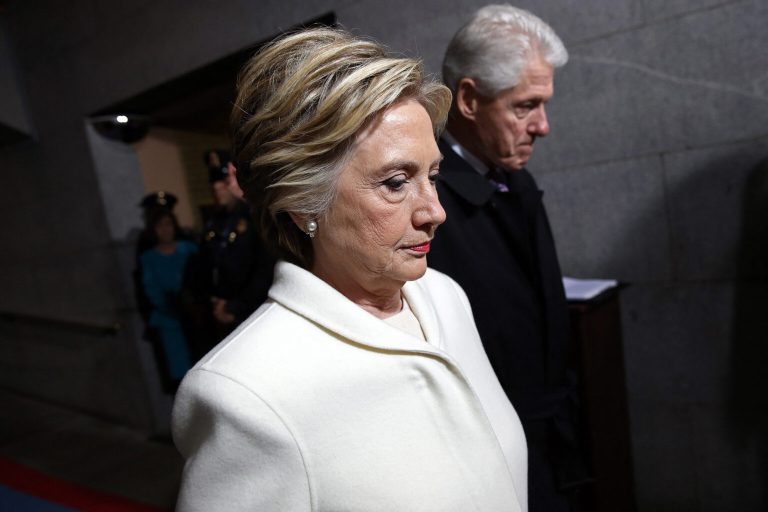
A number of Beirut port officials are being placed under house arrest pending an investigation into Tuesday’s huge explosion, Lebanon’s government says.
The blast killed at least 135 people and injured more than 4,000 others. A two-week state of emergency has begun.
President Michel Aoun said the blast was caused by 2,750 tonnes of ammonium nitrate stored unsafely in a warehouse.
Customs chief Badri Daher said his agency called for the chemical to be removed, but “this did not happen”.
“We leave it to the experts to determine the reasons,” he said.
Ammonium nitrate is used as a fertiliser in agriculture and as an explosive.
Opening an emergency cabinet meeting on Wednesday, President Aoun said: “No words can describe the horror that has hit Beirut last night, turning it into a disaster-stricken city”.
Specialists at the University of Sheffield in the UK estimate that the blast had about one tenth of the explosive power of the atomic bomb dropped on the Japanese city of Hiroshima during World War Two and was “unquestionably one of the biggest non-nuclear explosions in history”.
The ammonium nitrate had reportedly been in a warehouse in Beirut port for six years after it was unloaded from a ship impounded in 2013.
The head of Beirut port and the head of the customs authority both told local media that they had written to the judiciary several times asking that the chemical be exported or sold on to ensure port safety.
Port General Manager Hassan Koraytem told OTV that they had been aware that the material was dangerous when a court first ordered it stored in the warehouse, “but not to this degree”.
Lebanon’s Supreme Defence Council has vowed that those found responsible will face the “maximum punishment” possible.
Economy Minister Raoul Nehme told the BBC: “I think it is incompetence and really bad management and there are a lot of responsibilities from management and probably previous governments. We do not intend after such an explosion to stay silent on who is responsible for what.”
House arrest would apply for all port officials “who have handled the affairs of storing [the] ammonium nitrate, guarding it and handling its paperwork” since June 2014, Information Minister Manal Abdel Samad said.
The ammonium nitrate arrived on a Moldovan-flagged ship, the Rhosus, which entered Beirut port after suffering technical problems during its voyage from Georgia to Mozambique, according to Shiparrested.com, which deals with shipping-related legal cases.
The Rhosus was inspected, banned from leaving and was shortly afterwards abandoned by its owners, sparking several legal claims. Its cargo was stored in a port warehouse for safety reasons, the report said. (BBC)








812200 669454I discovered your weblog site web site on the search engines and check several of your early posts. Always maintain up the very great operate. I lately additional increase Rss to my MSN News Reader. Searching for toward reading a lot a lot more on your part later on! 875220